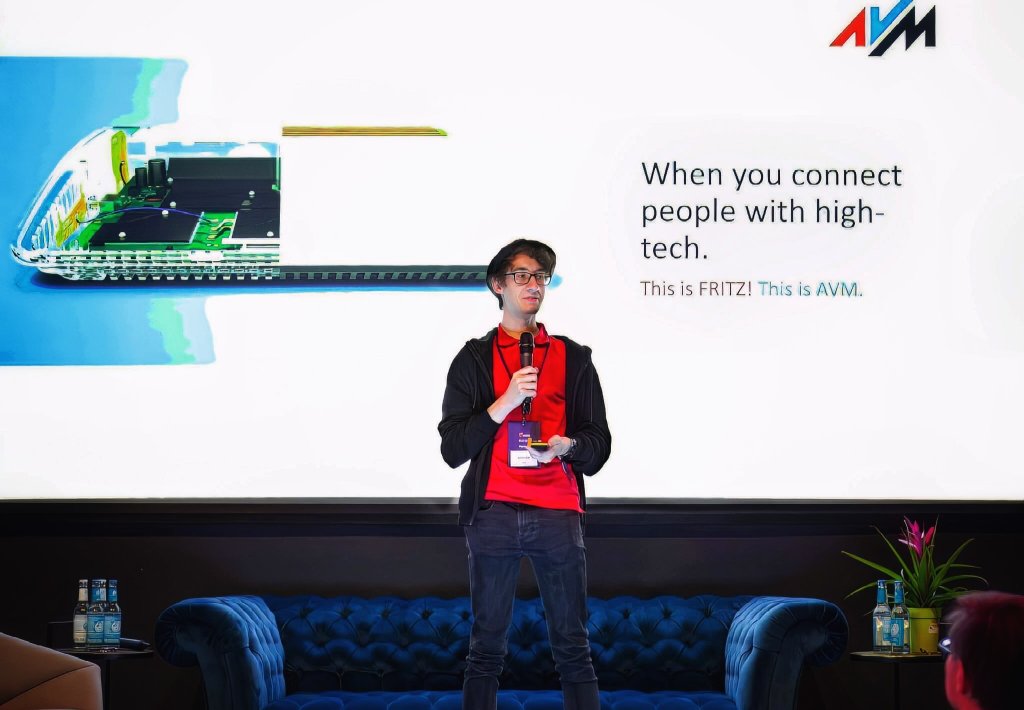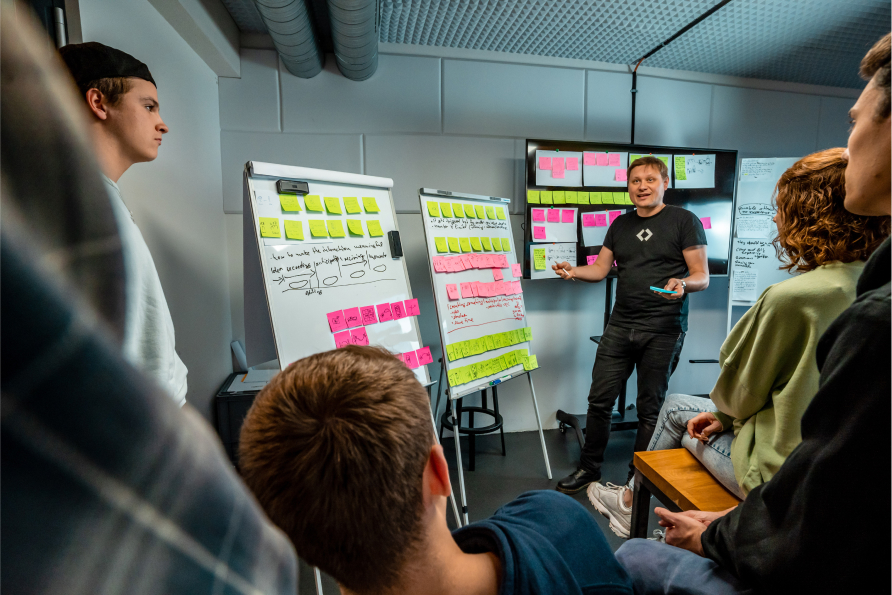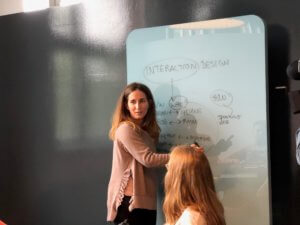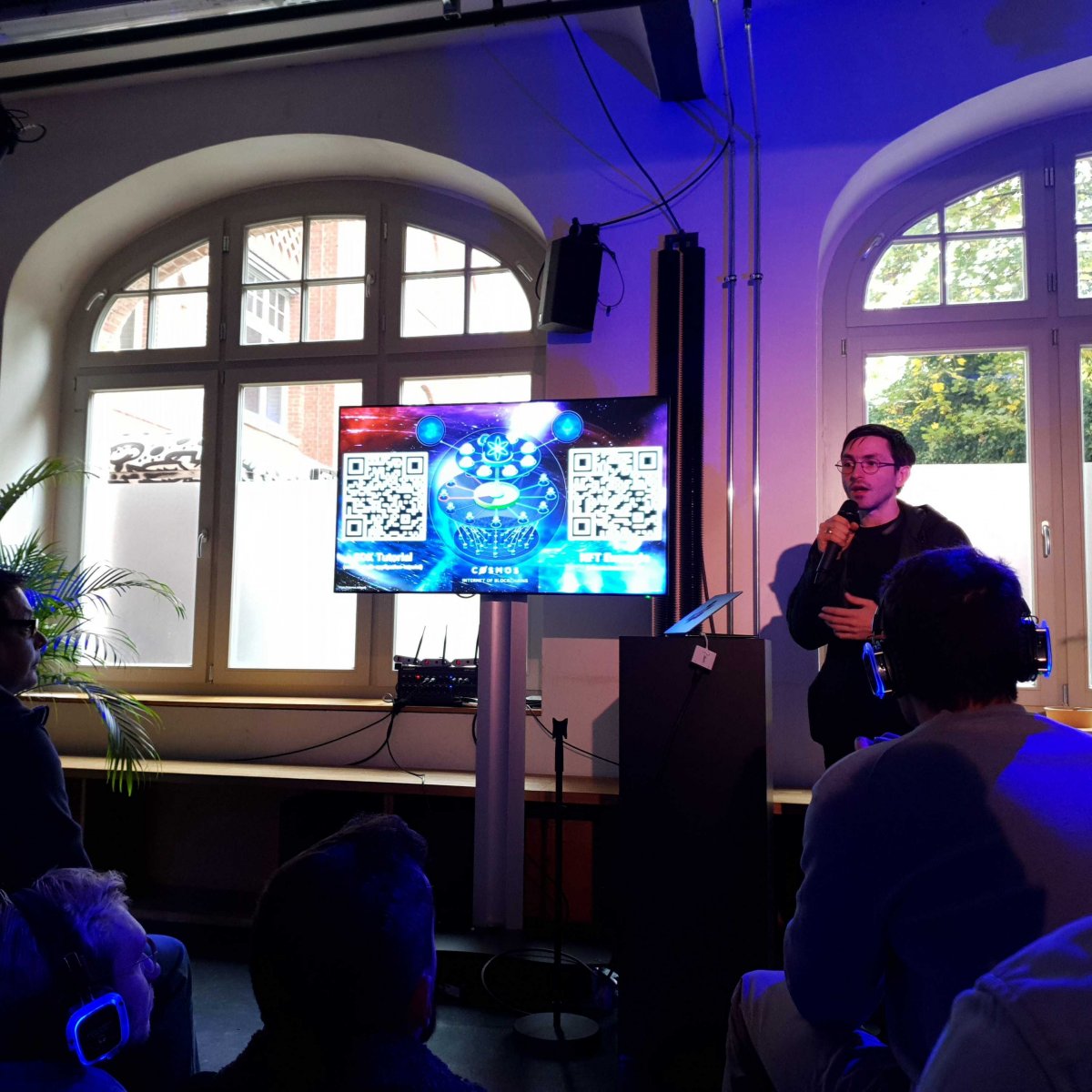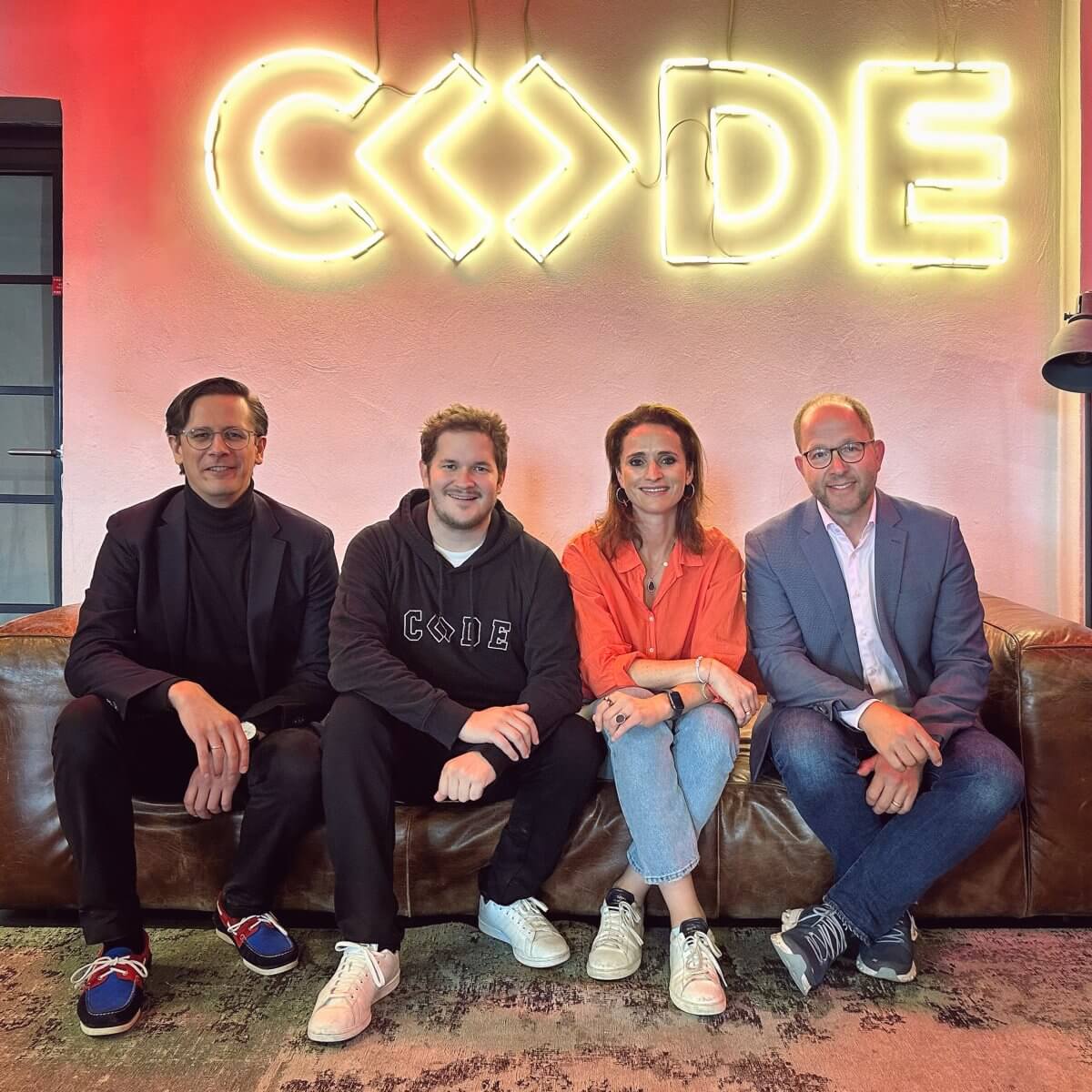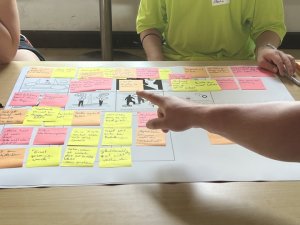Project-based learning (PBL) is a well-established concept, having been founded and propagated by early pioneers in philosophy – Aristotle, Confucius, and Socrates. To learn by doing is a discernible activity in several stages of learning today – pre-school, school, university, and even the professional workplace.

At CODE, we are big fans of PBL and how it has shaped our learning ecosystem since we first started in 2017.
In this article, we review the history of project-based learning around the world, how it has developed, and why it has endured.
The History of Project-based Learning
Origins and Early Advancements
The origins of project-based learning or PBL can be traced as far back as 551 BC. Notably used first in Chinese and Greek philosophy, it was not until 1592 when PBL was officially documented in the early modern age of education.
John Amos Comenius, a Czech philosopher and theologian (also referred to as the ‘father of modern education’), was a proponent of project-based learning. His belief was that education should be centred around the student, not the teacher. The student should learn through a combination of curiosity, questioning, and active participation.
Development
Following the period of laying down the foundation for PBL in mainstream education, came the works of Johann Heinrich Pestalozzi, Friedrich Fröbel, and Henriette Goldschmidt.
Johann Heinrich Pestalozzi was a Swiss educator who encouraged students to embrace unfamiliar challenges in learning, and in turn, influenced a wave of project-based learning ecosystems in Europe and elsewhere in the world.
Take Friedrich Fröbel, next. A German educator, he coined the term ‘kindergarten’ – meant to denote children as individuals with different needs, talents, and learning styles. Henriette Goldschmidt was a German Jewish educator who revolutionized women’s education in Germany, and was a vocal proponent of Fröbel’s educational ideologies.
Things took off soon after, with the frequency of new discoveries and theories in project based learning rising rapidly. John Dewey argued that active learning would generate better results for students not just in the context of learning, but also with regards to retention and application. William Heard Kilpatrick, one of Dewey’s students, developed the project model in the early 1900s – and formally defined that educators should serve more as guides than figures of authority to create a more holistic learning environment.
Some remarkable achievements during this time include the foundation of montessori schools for young children. Based on Italian child-development specialist Maria Montessori’s work and brainchild, montessoris became an internationally recognized educational institution for young children to learn through experience.

Project-based Learning Today
It is important to emphasize that PBL or project-based learning is different to simply doing or working on a project. While project modules are increasingly common in schools and universities today, project-based learning indicates a separate learning ecosystem in itself – one that makes use of critical thinking, problem-solving, collaborative discussion, and other forms of communication.

Minerva University in San Francisco, California takes the concept of higher education with a purpose and turns it into a transformative experience across seven cities – Berlin, Taipei, Hyderabad, Seoul, London, Buenos Aires, and San Francisco – to allow students the chance to experience different cultures in an active learning environment.
A highly selective program, Minerva University observes a 2-3% acceptance rate, and focuses on preparing selected students for a global, dynamic career that can withstand the test of time.
So, does this actually work? Minerva graduates say yes (The Guardian, 2020).
At CODE, our learning model employs Learning Units (LUs) in place of traditional lectures – to allow students and faculty to select a mode of learning that best suits the objective of the day. There’s a variety of formats to choose from – group discussions, flipped classroom sessions, interdisciplinary brainstorming, one-on-one mentoring, etc.
I am really glad I had a chance to work in a cross- functional team. It has not been always easy, especially when you need to present and justify your ideas. However, this gave me a lot of insights into how the project work and roles are usually structured. I also learned to navigate expectations management and team communication better. And most importantly, how to align personal ideas with the global product vision.
– CODE Student, Interaction Design as Project-Based Learning: Perspectives for Unsolved Challenges (Piccolo et al., 2023)
University College Groningen is a university in the Netherlands that employs a similar concept. UGC endorses project-based learning as part of the curriculum through interdisciplinary project work at a Bachelor’s level. Maastricht University deploys a form of project-centred learning, while The London Interdisciplinary School focuses on two-week cycles of interdisciplinary engagement to tackle different questions.
Why, then, is project-based learning not as popular as it should be?
There are many potential reasons.
- PBL calls for smaller learning groups, which is practically, not always a realistic target for schools with larger cohorts.
- For project-based learning to ‘sustainably’ take off, there needs to be adequate investment into setting up systems that allow for the same.
- Project-based learning may not always be the right choice for more theoretical disciplines.
- Traditional learning models are heavily financed and endorsed by academics, researchers, and governmental bodies around the world – the same cannot be said for the discourse around PBL.
Project-based Learning in Entrepreneurship
Entrepreneurship is part of the CODE DNA. 10% of our student body are already founders, with 60+ companies having been founded by CODE students over the years.
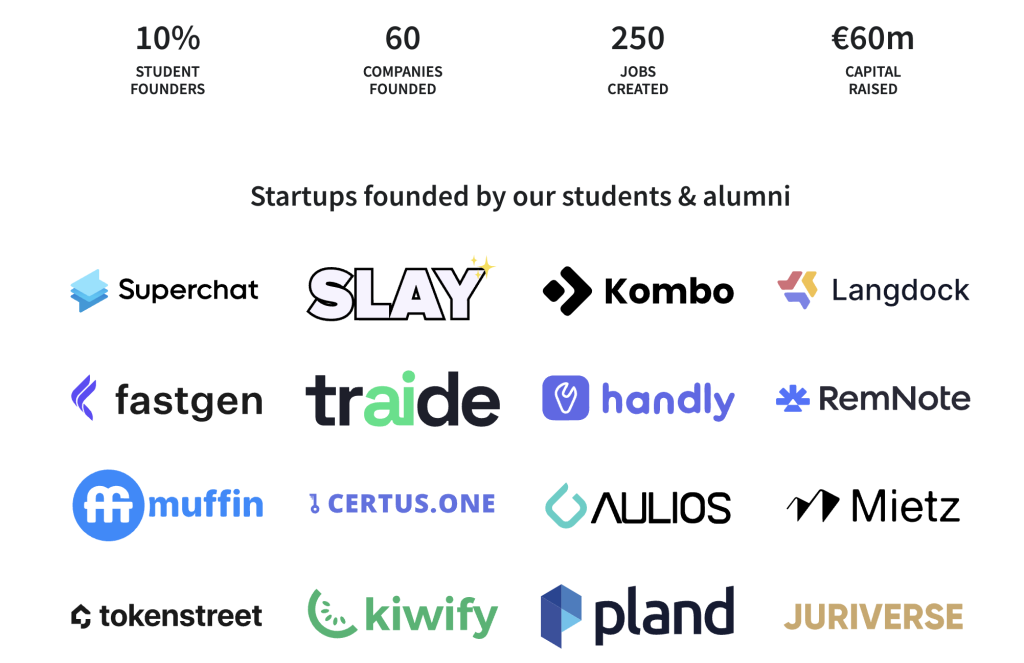
Project-based learning actually plays more of a role in entrepreneurial endeavours than you’d presume.
Think of it as a founders’ bootcamp – a place to come together, brainstorm, network. Maybe something akin to On Deck – which is a week-long program that takes place in San Francisco, California.
Except, in this case, the ‘bootcamp’ is not just a week and comes with learning units and experienced mentors who aid you every step of the way to find your true calling, and develop the necessary skills you need to develop the founder mindset. And, as for the network, isn’t university all about meeting people and making new friends, anyway?
At CODE, it’s even easier – given our focus on interdisciplinary projects – we encourage you to foster connections and create professional and personal networks with peers.
Final Thoughts
While this is in no way an exhaustive history of PBL and its impact on education as we know it today – we hope to have provided some enlightenment on the subject!
Fancy some additional reading?
Head to our blog for more on PBL, the learning model at CODE, and how our students are making strides everyday into new realms of knowledge and application.



